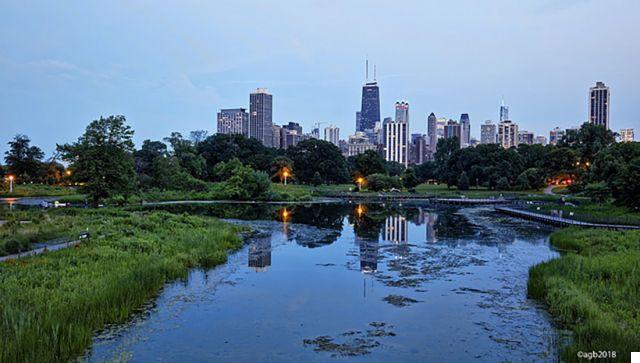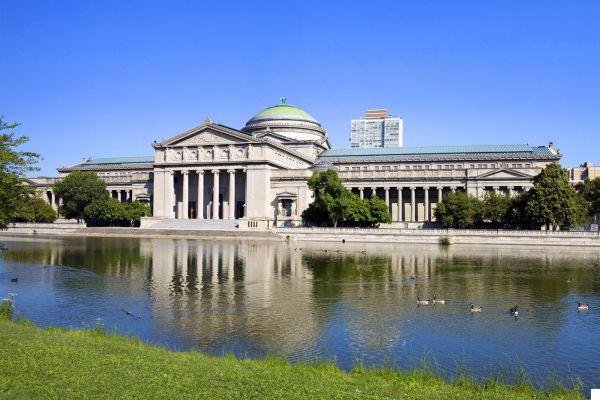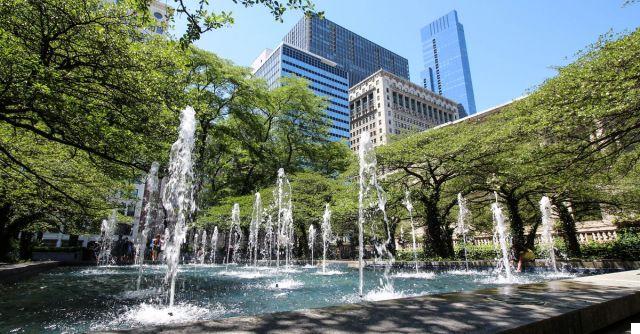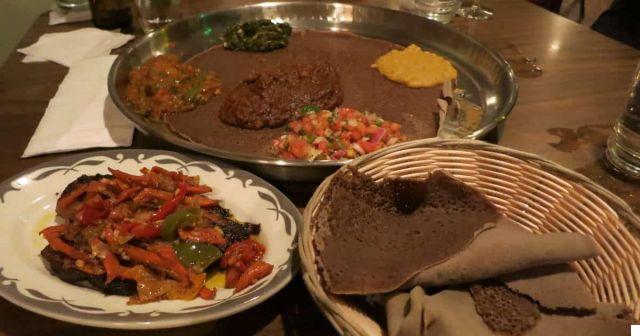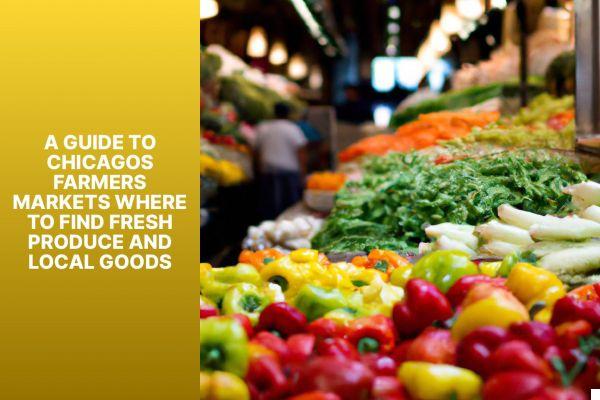
Guide to Local Markets in Chicago: Where to Buy Fresh Products
Chicago farmers markets are the perfect place to stock up on local produce and get a taste of each neighborhood's local flavor. These community markets are social affairs, where neighbors gather each week to shop, chat, eat, and enjoy music and events. Whether you're visiting in the summer or winter, there's a market every day of the week, so you can experience one no matter when you visit.
Here are just a few of Chicago's many farmers markets:
- Daley Plaza Farmers Market: Located in the heart of the Loop, this market is the longest-running farmers market in Chicago. Open on Thursdays from May through October, it's a popular lunch spot for nearby office workers. You'll find a variety of vendors selling prepared foods, seasonal produce, flowers, and baked goods. Live music and cultural performances add to the vibrant atmosphere.
- Green City Market: Chicago's first and largest year-round sustainable farmers market, Green City Market is frequented by top chefs and locals alike. Open on Saturdays and Wednesdays from May through October, it offers a wide range of fresh produce, baked goods, cheese, meats, and more. The market also has an outdoor market in Lincoln Park on Saturdays from June through October, featuring small growers, producers, and artisans from the Midwest.
- 61st Street Farmers Market: Located in Woodlawn, this market focuses on bringing farm-fresh, healthy food to the surrounding communities. Open on Saturdays from May through October, it features organic fruits and vegetables, specialty baked goods, local honey, eggs, spices, fresh cheeses, and more. There's also an indoor season from November through April.
- Logan Square Farmers Market: Considered the best farmers market in Illinois by USA Today, this market showcases farmers and small-scale food producers from the Chicago area. Open on Sundays, it offers pastries, fresh cheese, in-season produce, and other locally made goods. The season typically ends in October with a Halloween-themed bash.
- Edgewater Farmers Market: Dedicated to offering sustainably grown and produced foods, this market has been a neighborhood staple for over a decade. Open on Sundays from June through October, it features meats, produce, cheese, honey, pickles, bakeries, flowers, and prepared foods.
- Maxwell Street Market: Located in the South Loop neighborhood, this market offers a diverse range of products, including handmade crafts, produce, housewares, clothing, and street food. Open on Sundays, it also hosts special events like live music, family-friendly activities, and cultural celebrations.
- Growing Home Urban Farm Stand: If you're looking for certified organic produce, visit this urban farm stand in Chicago's Englewood neighborhood. The farm has almost an acre of farmland where trained urban farmers grow over 200 varieties of produce. Cooking demonstrations, free tours, and a wide selection of fresh vegetables are available.
- City Market at Austin Town Hall Park: This market in Chicago's Austin neighborhood brings dozens of unique vendors selling fresh fruits, vegetables, plants, and flowers to the community.
These farmers markets offer a wide range of fresh and local products, creating a vibrant and diverse food scene in Chicago. Whether you're a food enthusiast, a chef looking for the best ingredients, or simply someone who enjoys supporting local businesses, these markets provide a unique shopping experience.
Historical Context and Evolution
The tradition of farmers markets in Chicago dates back many years. These markets have evolved from small gatherings to bustling community events that showcase the city's local produce and culinary culture. Over time, the number of farmers markets in Chicago has grown, reflecting the increasing demand for fresh and locally sourced products.
Chicago's farmers markets have become more than just places to buy groceries. They have become social hubs where neighbors come together, fostering a sense of community and promoting local businesses. The markets have also adapted to the changing seasons, with some operating year-round and others opening only during the warmer months.
Analytical Insights
Analyzing the data from Chicago's farmers markets reveals interesting trends and comparisons. The number of vendors and the variety of products available have increased significantly over the years, reflecting the growing interest in local and sustainable food. The markets have also become more diverse, featuring vendors from different cultural backgrounds and offering a wider range of international cuisines.
Table 1: Comparison of Chicago's Farmers Markets
| Market | Location | Operating Days | Special Features |
|---|---|---|---|
| Daley Plaza Farmers Market | Loop | Thursdays (May-Oct) | Live music, cultural performances |
| Green City Market | Lincoln Park | Saturdays, Wednesdays (May-Oct) | Outdoor market, small growers and artisans |
| 61st Street Farmers Market | Woodlawn | Saturdays (May-Oct) | Organic produce, specialty baked goods |
| Logan Square Farmers Market | Logan Square | Sundays | Halloween-themed bash |
| Edgewater Farmers Market | Edgewater | Sundays (June-Oct) | Sustainably grown and produced foods |
| Maxwell Street Market | South Loop | Sundays | Live music, cultural celebrations |
| Growing Home Urban Farm Stand | Englewood | Varies | Certified organic produce, cooking demonstrations |
| City Market at Austin Town Hall Park | Austin | Varies | Fresh fruits, vegetables, plants, and flowers |
Table 1 provides a comparison of some of Chicago's farmers markets, highlighting their locations, operating days, and special features. Each market offers a unique experience, catering to different preferences and interests.
Future Outlook
The future of farmers markets in Chicago looks promising. As the demand for fresh and locally sourced products continues to grow, these markets are likely to expand and diversify even further. There is a growing awareness of the importance of supporting local farmers and businesses, which will contribute to the sustainability and success of these markets.
Furthermore, farmers markets have the potential to become more than just places to buy groceries. They can serve as platforms for education and community engagement, promoting healthy eating habits, sustainable farming practices, and cultural exchange. The markets can also collaborate with local organizations and initiatives to address food insecurity and promote equitable access to fresh and nutritious food.
In conclusion, Chicago's farmers markets offer a unique and vibrant shopping experience, allowing residents and visitors to connect with local producers, taste the flavors of different neighborhoods, and support sustainable agriculture. These markets have a rich history and continue to evolve, reflecting the changing food landscape and the city's diverse culinary culture. With their social atmosphere and wide range of products, farmers markets play a crucial role in fostering community engagement and promoting a healthier and more sustainable food system.



